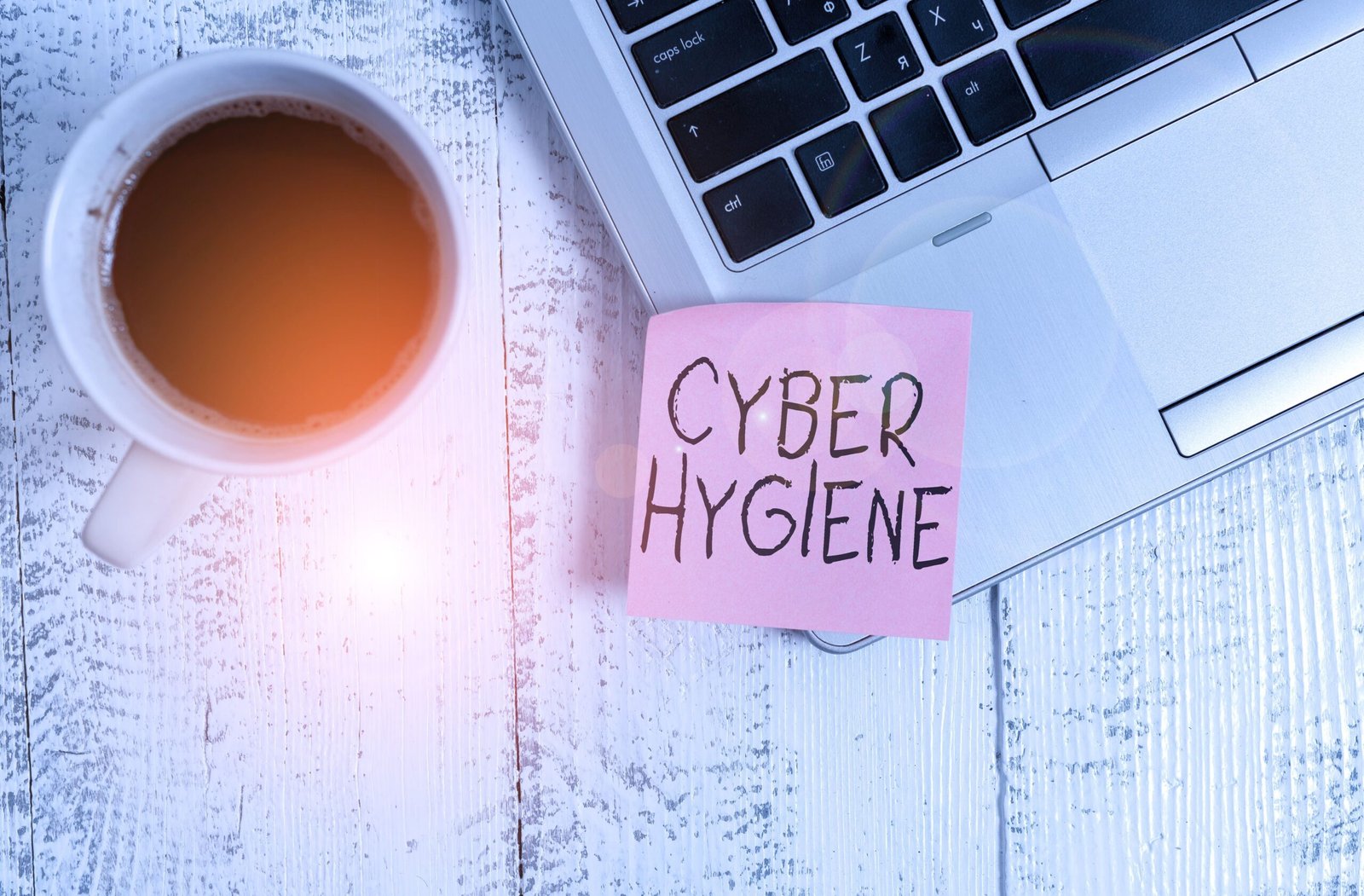Cyber hygiene services have become an integral part of technology usage in our lives, as cyberattacks or threats have become a matter of concern. To prevent these threats, it is necessary to focus on security hygiene around our digital lives.
In this blog, we’ll try to provide some informative knowledge about cyber hygiene and why maintaining this hygiene is essential for all of us.
What is cyber hygiene?
The basic Principle of cyber hygiene is that it becomes a part of everyday life like personal hygiene to maintain health and wellbeing. It’s a process to improve online security and maintain system health. It’s a process of adopting security-centric habits that help a personal individual and organization to reduce online threats and get risk free system.
Cyber hygiene helps you to stay ahead of online threats and security issues, with the help of effective training around cyber security. As part of cyber hygiene, software and hardware are kept safe and secure as they process data online, to prevent malware, phishing, and other threats during their process.
Why cyber hygiene is necessary for today’s life?
Cyber hygiene has definitely increased its relevance after the covid-19 pandemic and has become essential as well as a requirement for today’s life. Maintaining cyber hygiene addresses various issues in our day-to-day life:
1- Data loss: They use to prevent the data of some platforms such as cloud sourcing and hard drive which are highly vulnerable to hacking, or other issues cause of no backed-up features/facilities that can be converted into excessive data loss.
2- Outdated antivirus: security software that is outdated is less effective in data protection from different attacks such as DDOS attacks, cyber hygiene helps to prevent the data from hackers.
3- Security breach: They helps to protect the data from different cyber attack as different layers such as phishing, malware, and viruses.
Cyber hygiene services and tips to maintain the security of your system:
1- Password Hygiene:
– Avoid using the same password on different platforms and different account
– Try to change your password every 15-20 days
– Do not use default passwords and common passwords such as aspia@123, etc.
2- Use at least two steps of authentication
– Essential accounts such as Email, and banking accounts should have two-factor authentication.
– Save your MFA in your password manager.
3- Take a backup on a regular basis
– Keep your file safe and protected against data loss.
4- Keep your software up to date.
– Use updated software, operating systems, and apps that help you to eliminate or reduce security glitches.
– Uninstall the software that is no longer needed.
– Download the software from verified platforms.
Cyber hygiene services and best practices for organizations
With a number of tips and a continuously changing threat landscape, achieving the ideal security posture is sometimes difficult and daunting.
The organization’s cyber hygiene tools, technologies, and action items may include the following:
- Allow listing/blocklisting. Limit the use of certain applications, websites, and email addresses. There are two methods to control access: allow listing, which provides a list of applications, processes, and files users can access, and blocklisting, which provides a list they cannot access.
- Authentication and access control. Authentication is a critical part of cyber hygiene. Various enterprise authentication methods can be used such as MFA, biometric authentication, and single sign-on. For effective access control, it is essential to follow the principle of least privilege.
- Backup strategy. Implement a backup strategy that ensures mission-critical data is regularly duplicated and securely stored.
- Encryption. Encrypt important company data in transit and at rest to ensure its security.
- Endpoint security. Follow endpoint security best practices to identify, manage, and secure devices from PCs to IoT nodes in the workplace.
- Network segmentation. If cybercriminals do manage to get access to a network, segmenting it restricts how far they may travel.
- Password policy. Establish rules, requirements, and expectations around user credentials with a company password policy that helps protect enterprise security.
- Secure remote access. Users are able to ensure secure connectivity regardless of their physical location by using technologies such as CASBs, firewalls, and VPNs.
- Security awareness training. Educate employees on the crucial role they play in mitigating cyber risk by building an effective cybersecurity training plan.
- Security log management. The use of logging tools can be used to manage event volume, log the right events, ensure log accuracy and integrity, and analyze log data in order to identify problems.
- Security monitoring. Cyber hygiene is dramatically improved by frequent scanning and monitoring that flags both active threats and weak points.
In conclusion, it is evident that now cyber security hygiene is as vital as other security practices to protect your critical data from cyber threats, thus it is recommended to adopt cyber hygiene in personal as well as professional lives to get maximum security.
We feel glad to know you that, now ASPIA Infotech is one of the most emerging cybersecurity consulting companies in India with a dedicated team of security experts, our team will help you to maintain your organization’s cyber hygiene, and we’ll provide you with risk and threat-free work environment with our cyber hygiene services that surely enhance your work-experience and your credibility.





